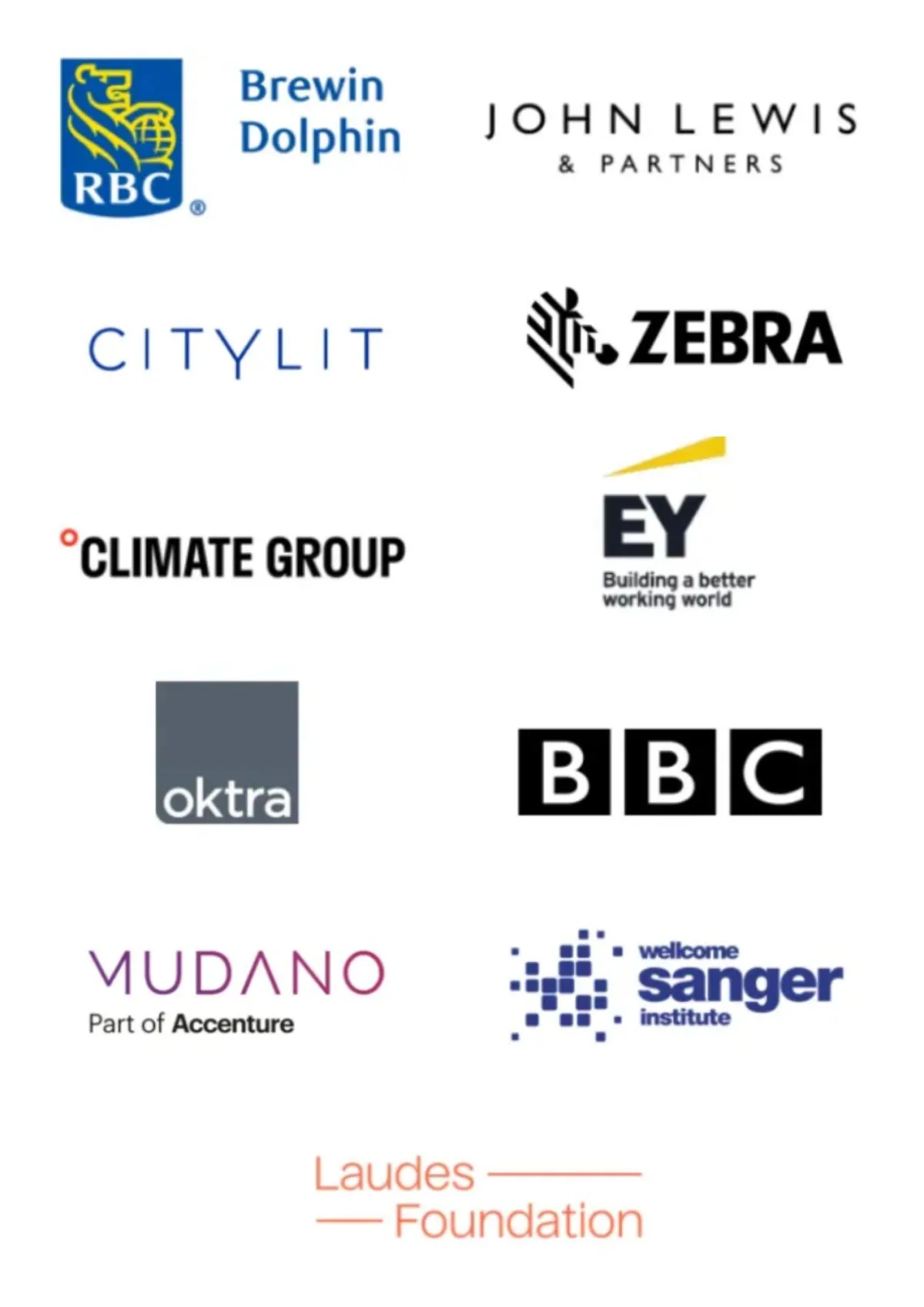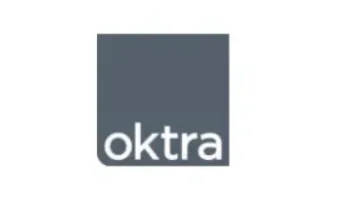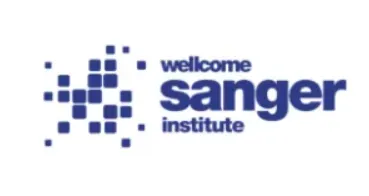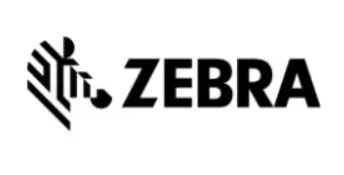WISE WORDS
Blog
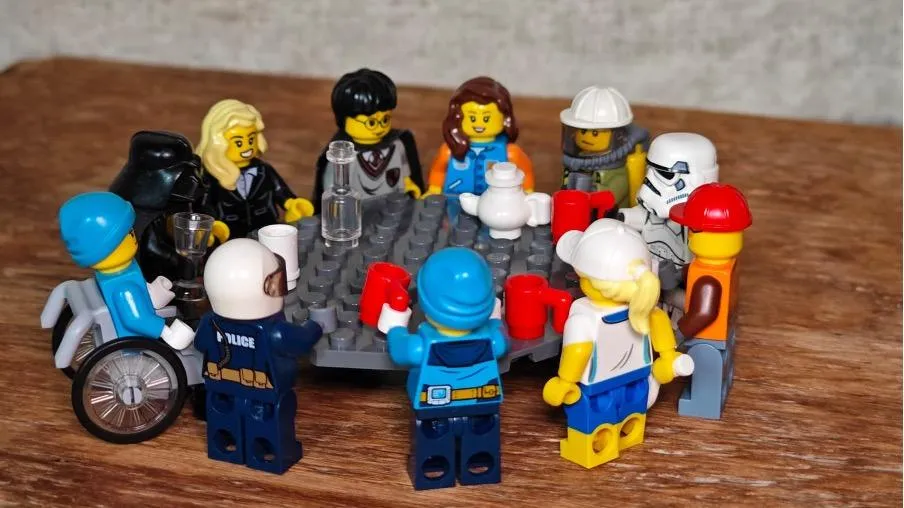
Make Your Meetings More Productive
Meetings play a huge role in working life and therefore a key role in the success and culture of organisations. They also impact the experience of the people attending- a meeting can shape a day, a week or longer.
As remote work becomes more common the main source of face to face interaction is increasingly meetings so they now have an even greater influence on our working lives.
What prevents meetings from being effective?
So many meetings are just in the diary, they are a habit and often neither effective or motivating, we get through them and move on.
Meeting skills are rarely covered in leadership training so people find themselves at meetings and running meetings with little guidance around the elements that make for a productive experience.
As a result meetings are often shaped by the most dominant/senior person in the room. Their style, priorities and personality set the tone, the agenda and the outcome.
If senior leadership meetings have a reputation for being intimidating, poorly run and exclusive, then who will aspire to join them?
On the contrary if they are seen to offer an opportunity for diverse talented individuals to be heard then the organisation is opening the door to meritocracy, diversity and efficiency.
To be effective, the following aspects need to be covered:
Set Up
What is this meeting for – is it necessary?
What is the desired outcome of the meeting?
Who should attend?
How much time do we need and how often should we meet?
What preparation do we need and who needs to input?
How will we monitor the impact of this meeting?
Who should chair this meeting ?
Are minutes necessary, what form should they take and who should take them?
Chairing
The Chair has significant influence and the most senior person in the room may not be the best choice of chair. A rotating chair can work well to ensure that habits do not become embedded and to allow everyone the opportunity to experience the meeting as a participant.
The Chair should be involved in creating a clear, realistic agenda, diverse stakeholders should also be involved. Ensure the agenda allows enough time for all the items so there is no need to rush and drop items.
The agenda can also set ground rules which is especially relevant for virtual meetings – for example cameras need to be on and participants visible in a quiet environment.
Any pre-reading should be sent out in time for review.
The Chair should consider how they want to open the meeting as this will set the tone – a few words to acknowledge context and welcome new attendees and check how everyone is feeling. They should also set out what they hope to achieve and highlight priorities. Those opening moments are vital and need to be prioritised.
Action points agreed at the last meeting should be followed up.
Chairing a meeting well means creating an atmosphere of respect and inclusivity so that all attendees are encouraged to participate. In this way issues are explored, fully scrutinised and diverse opinions are considered, all the knowledge and experience in the room is leveraged.
To establish this behaviour, the chair should:
Ensure that no-one is dominating and that language is respectful. They should invite quieter members to contribute at an appropriate moment or ask people to take turns so that everyone has a space to speak without interruption. They need to read the room and have a sense of how to encourage some people to speak up and others to speak less. Checking in outside the meeting can be a helpful option for this.
Note and acknowledge when someone offers up an idea or solution and not allow others to hijack it.
Agree a system for decision making so discussions do not drift without any action agreed and it should be made clear who is taking responsibility for that action.
Use their authority to intervene when necessary and to set boundaries with clarity and respect.
Ensure that action points are agreed and a timeline set and then offer their thanks, possibly sharing any highlights they have noticed so that it is clear that everyone’s time has been well spent and appreciated.
This level of participation will lead to far better decisions that will result in commitment rather than compliance and better outcomes. Skilful communication will help build trust and this culture will then filter across the organisation and drive performance.
Participants:
Participants must play an active role in meetings which can involve stepping out of their comfort zones, this is possible when the meeting is run well. By engaging fully in meetings they can build relationships and influence, and develop their leadership skills.
Preparing well is key - doing the pre-reading, previewing the agenda and considering what contribution they could make.
Arriving on time or a little early can be helpful to engage with colleagues before the meeting. If participants are in a relaxed state they will be more able to actively listen and ensure that they are ready to comment at the appropriate moment. True listening is not waiting to speak, it is being present and considering what is being said, asking questions to clarify understanding and offering a considered response if appropriate.
Bringing curiosity to the discussion and asking open questions is extremely important so that they are not making assumptions and closing down exploration. It is also helpful to ensure that others are engaging by inviting them to comment or share experience and showing support or agreement.
Review and Building Skills
Even when meetings are well planned and run it is likely that some unhelpful behaviours will start to creep in so scheduling a review of meetings is a good discipline. Set aside time to discuss:
What are we doing well? (being inclusive, listening, exploring, preparing in the right way, taking action, keeping to time, not interrupting, showing respect…)
What could we do better? (see above)
What do people enjoy or value about the meeting?
Are there any requests or suggestions anyone would like to make?
Are we having impact, are we sharing our meeting experience so that a positive culture is spread?
What should we change?
It may seem like this is a very long list of suggestions but spending some time discussing them and working out what changes could work for your team or department will make a huge difference in the longer term – it is an investment worth making.
With thanks to my Sandler Consulting colleagues for their input
Image © Jake Seweryn 2024
Catch up on Rachel Goodwin's Wordwise Coaching podcast
Discover how Rachel can help you or your organisation
Rachel Goodwin
– Director
Brands that I’ve worked with
